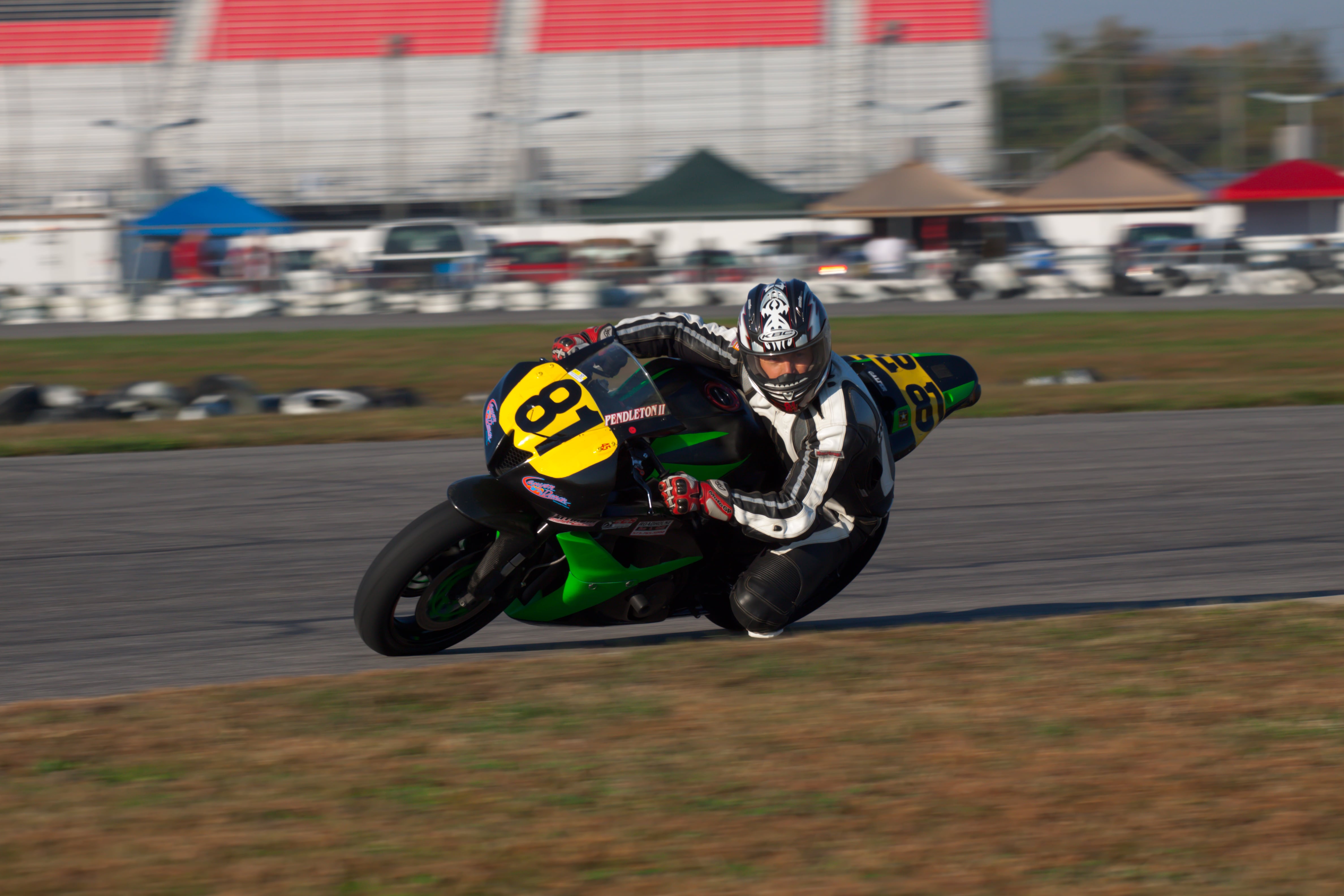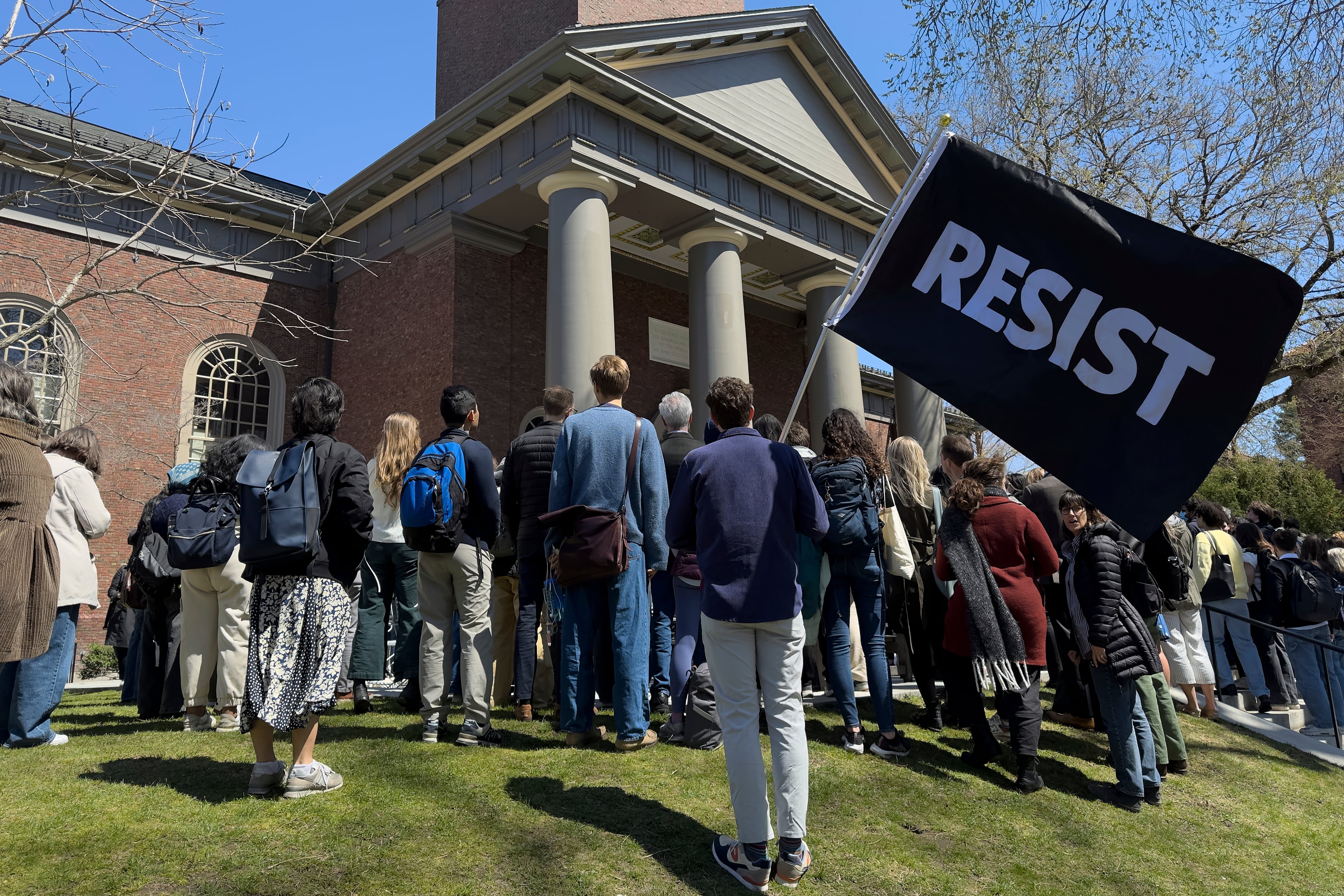Staff Sgt. Will Pendleton II came back from Korea in 2013 and joined fellow returning soldiers for a motorcycle-skills refresher course, mandatory for riders who are away from their bikes for six months.
The instructor "didn't own a motorcycle," Pendleton said. "We went down to an empty lot. He said, 'All right, go down to that cone, turn around and stop next to me. Yep, you're good.' And that was the extent of the training.
"I walked up to the division safety commander and said, 'Hey, this is what needs to change.' And he basically offered me the job."
As motorcycle safety program manager for the Fort Stewart, Georgia-based 3rd Infantry Division, Pendleton's changes and one-on-one training techniques have proven effective: There were zero motorcycle-related deaths in the division last fiscal year, down from 12 in 2012.
That statistic helped earn Pendleton the 2015 American Motorcyclist Association award for Outstanding Road Rider.
"It took the chain of command, it took the soldiers being involved, but I think all of those things happen because somebody was truly pressing the issue about being a safe motorcyclist," said Chris Harrison, AMA's recreational road riding manager and a retired sergeant first class.
Harrison said he sought advice on a military nominee for the AMA's annual awards from the Army Combat Readiness/Safety Center, where he was directed to the 3rd ID's success rate. Beyond numbers, he wanted someone with a strong training presentation — one that showed the high priority the military places on motorcycle safety.
"When I got to Sgt. Pendleton, it was pretty much an overwhelming grand slam," he said.
Pendleton, a military policeman with the division's headquarters and headquarters company, first rode a dirt bike at age 6, following a family tradition: Mom raced on flat tracks near their Orlando, Florida, home while dad was part of the Florida Grand Prix Rider Association.

Pendleton, a native of Orlando, Florida, races motorcycles in his off-duty time, a lifelong passion he rekindled in 2010. His parents raced motorcycles, and his uncle owns two racing teams.
Photo Credit: Submitted photo
"I'd like to stay a part of Army motorcycle safety for the rest of my life," the 37-year-old said. "This is something that's really important to me. I definitely don't like seeing my fellow soldiers get injured. If I can retire and take this up as a civilian, I'd gladly take it."
The award-winner shared some safety tips, both for riders and for safety officials eager to match 3rd ID's statistics, with Army Times:
Mentors matter
Pendleton runs a three-day mentorship course, schooling potential instructors on regulations, maintenance and handling techniques for all types of motorcycles. One easy way to disengage soldiers from the training process, he said, is to have an instructor who appears out of touch.
"We can't dictate who a commander chooses as a mentor ... but what we can dictate is how much they know," he said.
Part of that process includes encouraging commanders to select experienced riders, not simply experienced soldiers. Safety center officials made a similar push last year when responding to a seasonal uptick in motorcycle accidents; fiscal 2014 ended up with 34 motorcycle-related deaths across the service, six less than the previous year.
Know your bike
The most skilled riders can be undone if they don't respect what their rides are capable of and how they should be maintained.
One example: While those taking the refresher course certainly should bone up on skills, they also should realize what down time can do to their bikes.
"If a motorcycle sits in a concrete garage for a year when you're on deployment, the tires tend to dry-rot a whole lot faster than when they're used," Pendleton said. "[That's] going to cause so many issues when riding a motorcycle, it's not even funny."
Another example from Pendleton relies on basic math, but riders don't always grasp it.
"A lot of soldiers say, 'I had to lay my motorcycle down to avoid the car that pulled out in front of me,'" he said. "Well, did your motorcycle hit the car? No? Well then you had plenty of time to stop. ... A motorcycle will slide twice the distance than it will take to come to a stop on its tires."
Know yourself
Even the best riders should take all the training they can find, Pendleton said, and while there's no "wrong" way to ride a motorcycle so long as you're riding responsibly, tips on throttle control, emergency stopping, body positioning and "efficient" operation can help most any biker.
Instructors should try to demonstrate these techniques on as many types of bikes as possible, rather than just outline them to the class, he said. And if stressing safety concerns doesn't work, try aiming for a soldier's wallet.
"I'll tell a [cruiser owner], 'This is why you need to adjust your body position — do you like replacing those expensive parts when they drag on the ground?" he said. "'So just do me a favor and try this, see what it does for you.'"
Open it up
The basic and advanced classes "are phenomenal courses," he said, "but they are not given enough space to allow some of these things to happen at higher speeds."
Most courses take place in parking lots, focusing on tight turns and other close-quarters techniques. While those skills remain important, Pendleton said, instructors should incorporate group rides and other training methods that mirror real-life conditions better than a series of cones.
Kevin Lilley is the features editor of Military Times.




